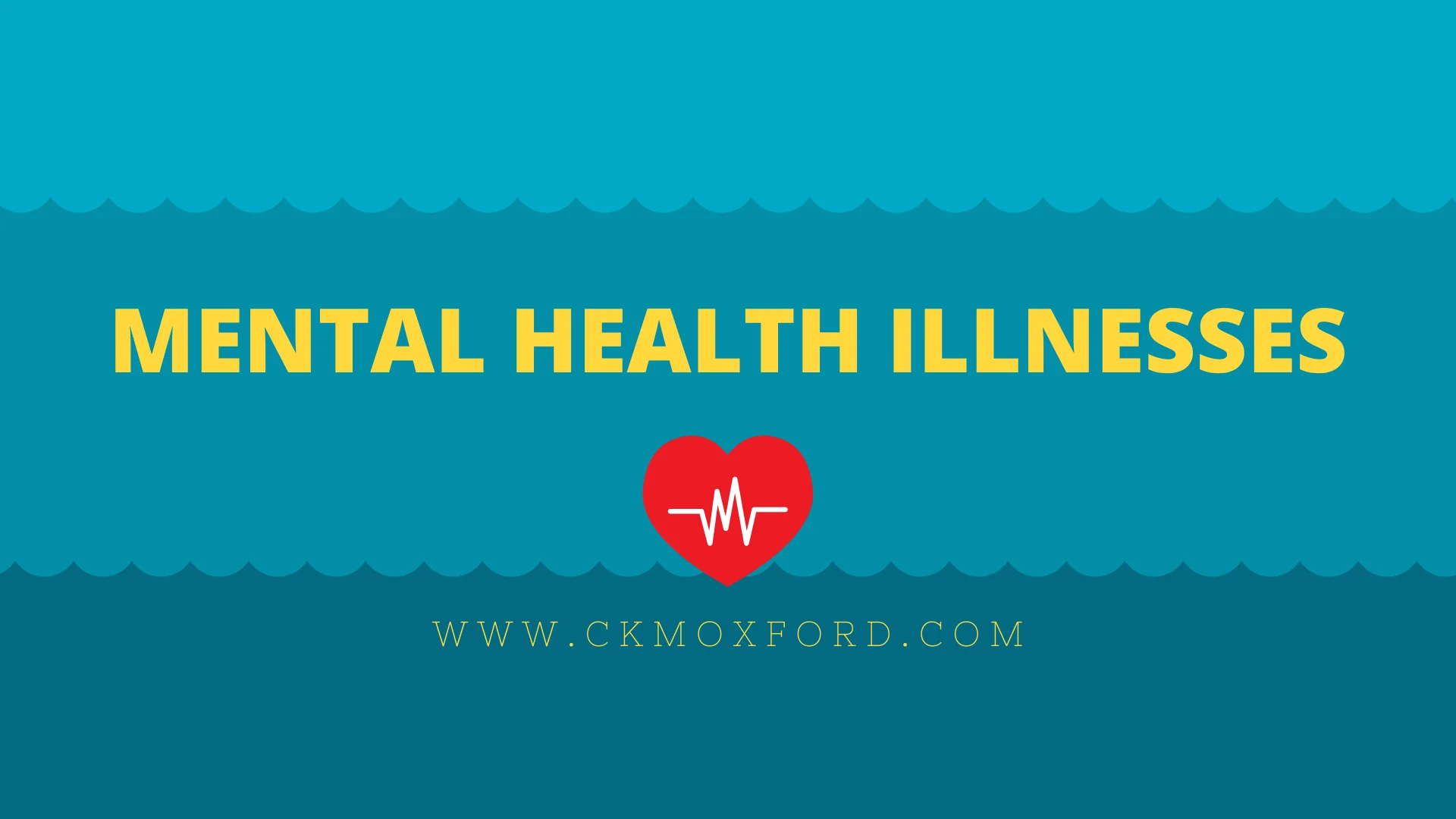AUTISM

WHAT IS AUTISM?
Autistic people may act in a different way to other people
Autistic people may:
- find it hard to communicate and interact with other people
- find it hard to understand how other people think or feel
- find things like bright lights or loud noises overwhelming, stressful or uncomfortable
- get anxious or upset about unfamiliar situations and social events
- take longer to understand information
- do or think the same things over and over
Autism is not an illness
Being autistic does not mean you have an illness or disease.
It means your brain works in a different way from other people.
It's something you're born with.
Signs of autism might be noticed when you're very young, or not until you're older.
If you're autistic, you're autistic your whole life.
Autism is not a medical condition with treatments or a "cure". But some people need support to help them with certain things.
SYMPTOMS OF AUTISM
Autism in young children
Signs of autism in young children include:
- not responding to their name
- avoiding eye contact
- not smiling when you smile at them
- getting very upset if they do not like a certain taste, smell or sound
- repetitive movements, such as flapping their hands, flicking their fingers or rocking their body
- not talking as much as other children
- not doing as much pretend play
- repeating the same phrases
Autism in older children
Signs of autism in older children include:
- not seeming to understand what others are thinking or feeling
- unusual speech, such as repeating phrases and talking ‘at’ others
- liking a strict daily routine and getting very upset if it changes
- having a very keen interest in certain subjects or activities
- getting very upset if you ask them to do something
- finding it hard to make friends or preferring to be on their own
- taking things very literally – for example, they may not understand phrases like "break a leg"
- finding it hard to say how they feel
Autism in girls and boys
Autism can sometimes be different in girls and boys.
Autistic girls may:
- hide some signs of autism by copying how other children behave and play
- withdraw in situations they find difficult
- appear to cope better with social situations
- show fewer signs of repetitive behaviours
This means autism can be harder to spot in girls.
CAUSES OF AUTISM
It's not clear what causes autism
Nobody knows what causes autism, or if it has a cause.
It can affect people in the same family.
So it may sometimes be passed on to a child by their parents.
Autism is:
- not caused by bad parenting
- not caused by vaccines, such as the MMR vaccine
- not linked to diet
- not an infection you can spread to other people
Autistic people may have other conditions
Autistic people often have other conditions, such as:
- attention deficit hyperactivity disorder (ADHD)
- dyslexia
- anxiety
- depression
- epilepsy
SELF CARE FOR AUTISM
COMING SOON!!
TREATMENT FOR AUTISM
There are no actual treatment for autism but there are different ways of getting support to help you through.
Where to get autism support
Friends and family
Telling people close to you about your or your child's autism diagnosis can help them understand how to support you.
They may be able to help with:
- everyday things so you have more time to focus on yourself or your child
- emotional support
National charities
National Autistic Society
For autistic adults and children, and their families.
- Website: www.autism.org.uk
Local support groups
The assessment team that diagnosed you or your child should give you information on local support groups.You can also search for local groups using the National Autistic Society services directory.
Social media and forums
There are many people with experience of autism offering support and sharing their stories on forums and social media. You do not have to talk to others in online groups, but it can be helpful to look at what they're saying. A good place to start is the groups run by autism charities. But bear in mind the NHS does not monitor these sites.